Hetero Healthcare
27 Oct 2021
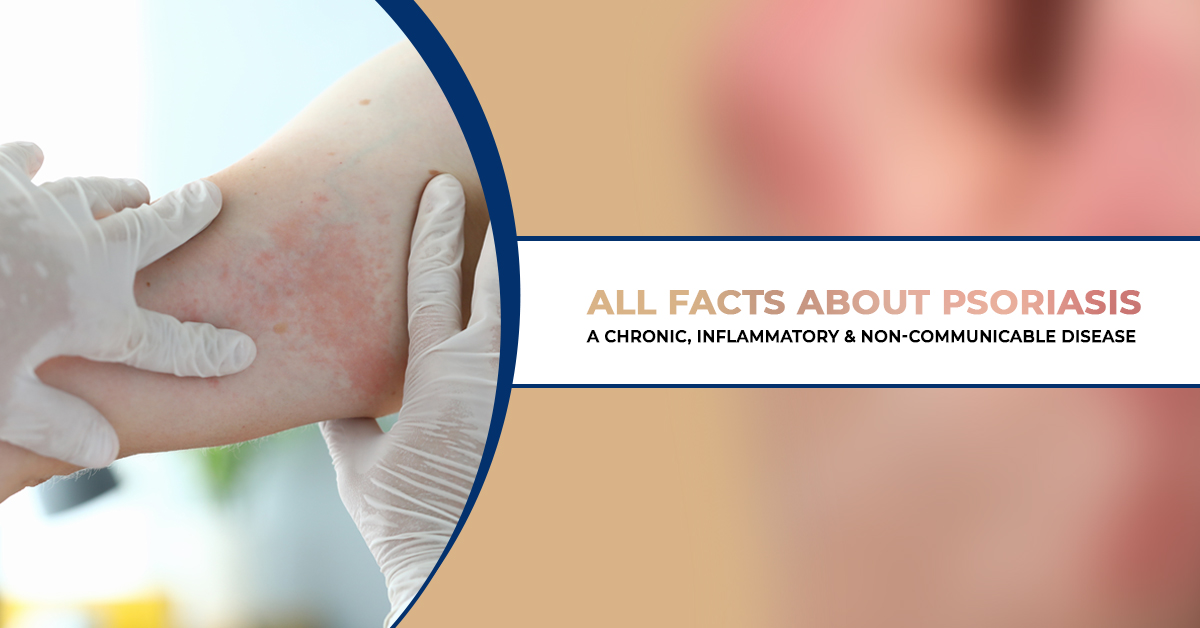
Psoriasis is a genetically determined inflammatory disease mediated by the immune system. Research says that prevalence is approximately around 0.44-2.8 percent in India, and males are two times prone to the disease when compared to females. It is a skin disease that causes red, itchy, scaly patches on the keens, elbow, trunk, and scalp.
Psoriasis is a condition caused by the agitated immune system that attacks healthy skin cells, causing them to reproduce more rapidly, leading to the symptoms of Psoriasis. Unlike other chronic diseases, Psoriasis affects your life, including your physical health.
Psoriasis spreads like slow poison and seems to go through cycles. It surfaces on the skin gradually and blazes up for a few weeks or months, subsides for a while, and repeals for some time. The cycle may repeat but can be avoided if we identify and treat it in the initial stages:
Here are a few symptoms to act fast and escape from this deadly disease:
There are many more symptoms that vary from person to person, create discomfort, and cause Psoriasis. However, treatment options are available to reduce the pain and discomfort, yet there is no cure for Psoriasis.
Diseases in the body do not develop on their own! There are a few triggers that shoot the immune system and make us prone to various diseases.
A few triggers for Psoriasis are listed here:
illness, stress, infections, a few medicines, strep throat, skin injuries, smoking, excess alcohol consumption, hormonal changes in women (puberty or menopause). Do not let these external factors ruin your wonderful life with a dreadful disease like Psoriasis.
Please scroll down to know the different types of Psoriasis, their symptoms, and their treatment.
Plaque Psoriasis is a frequent type that occurs for about 8 in 10 people. It is called "Psoriasis Vulgaris" by medical professionals. Symptoms are inflamed, red skin surrounded by white scales that appear all over the body but are often observed on elbows, knees, scalp, lower back.
Treatment:
Phototherapy:
Usage of ultraviolet light on the affected areas. The phototherapy unit is found in hospitals, or you can bring the equipment home.
Topical treatment:
It is the doctor's first try to treat Psoriasis. A few prescription drugs might have steroids that go directly to your skin. These medicines slow down the skin cell's growth and ease inflammation.
Systematic Medication:
The prescription drugs treat moderate to severe Psoriasis and work throughout your body called biologics, which target to treat the immune system and are administered through a shot or IV.
It is commonly seen in children and young adults triggered by bacterial infection. Symptoms are identified as small reddish sores or pink spots on the skin covered by fine-scale lining similar to plaque. It may subside on its own or given treatment.
Treatment:
Treatment includes light therapy, oral medications, prescription drugs, steroid creams.
It causes smooth red patches, inflamed skin initially in the armpits, under the breasts, around the genitals, and groin. The condition gets worse with sweating and rubbing. The red patches on the skin are bright, shiny, and smooth but do not have any scales.
Treatment:
Treatment includes low-potency topical corticosteroids or topical calcineurin inhibitors.
This type of Psoriasis occurs in widespread patches in the hands, feet, fingers, fingertips. Initially, your skin becomes red and tender. A few hours later, pus-filled blisters appear, and pustular Psoriasis develops in no time. These blisters disappear after several days and reappear. Medication withdrawal and infections cause pustular Psoriasis.
Treatment:
Treatment includes steroid creams for small patches. Large patches require prescribed oral medication, and healing the root cause is essential. There are many other systematic and topical therapies. Light therapy resolves the blisters and reduces the skin's irritation. There are three types of Pustular Psoriasis: Palmoplantar Pustulosis (PPP), Von Zumbusch, Acropustulosis.
Erythrodermic or Exfoliative Psoriasis occurs rarely and looks like severe burns and can be a medical emergency as it is a serious condition. The patient might need hospitalization as it could be hard to control the body temperature. It appears red, scaly, and spreads wide to large portions of the body. It develops from pustular Psoriasis, uncontrolled plaque Psoriasis, stress, infection, intense sunburn.
Treatment:
Treatment includes hospital attention to receive a combination of various therapies. Various medications: application of wet dressings, topical steroid dressings, biologics, or prescribed oral medicines should be used until the improvement of the symptoms.
PSA impacts an individual beyond the skin. It is painful and affects the joints. They become stiff, swollen, and the condition differs from person to person. The symptoms range from mild to severe and affect only a few or all joints. It is mostly seen in 20 to 30% of people with Psoriasis. There are five subtypes of PSA, and they are:
It affects the fingernails, toenails, and causes pitting, discoloration, and abnormal nail growth. Nails loosen and get separated from the nail bed (Onycholysis). It comes with plaque Psoriasis.
Treatment:
Treatment includes oral and injected medicines.
Severe dandruff is the primary reason for Scalp Psoriasis. It also comes with plaque Psoriasis. It is painful, itchy, and noticeable at the hairline. It might extend to the neck, face, and ears in a single large patch or many small patches. Excess scratching might result in hair loss and infections. It causes due to stress.
Treatment:
Treatment includes topical treatment for scalp Psoriasis for a minimum of two months application plus regular and permanent maintenance. Topical treatment includes medicated shampoos, steroid-containing lotions, tar preparations, vitamin D ointment known as Calcipotriene. Light therapy, oral medications, and biologics treatments are also recommended to reduce the effect of Psoriasis.
If you experience: Red patches on the skin covered with thick silvery scales. Thickened, pitted, or ridged nails. Irritation, itching, burning, or soreness. Dry cracked bleeding or itching in the skin. Small scaling spots on the skin. Please do not ignore these symptoms. Try to identify them in the initial stages and resolve them with medical help before they intensely spread on your skin and change your life.
There is no cure for Psoriasis. However, remission and crucial healing are possible. Seek medical help to manage your conditions, and these are a few home remedies to reduce the effect of Psoriasis:
Researchers say that Psoriasis occurs due to environmental factors, the combination of genetics, and immune system factors. It is not contagious, does not spread from person to person. Treatment depends upon the individual's clinical conditions, response to medication, and complexity of Psoriasis. Psoriasis in recent years has been gaining support, and many health activists are aiding in spreading awareness about the severity of the disease.
References
Hetero Healthcare
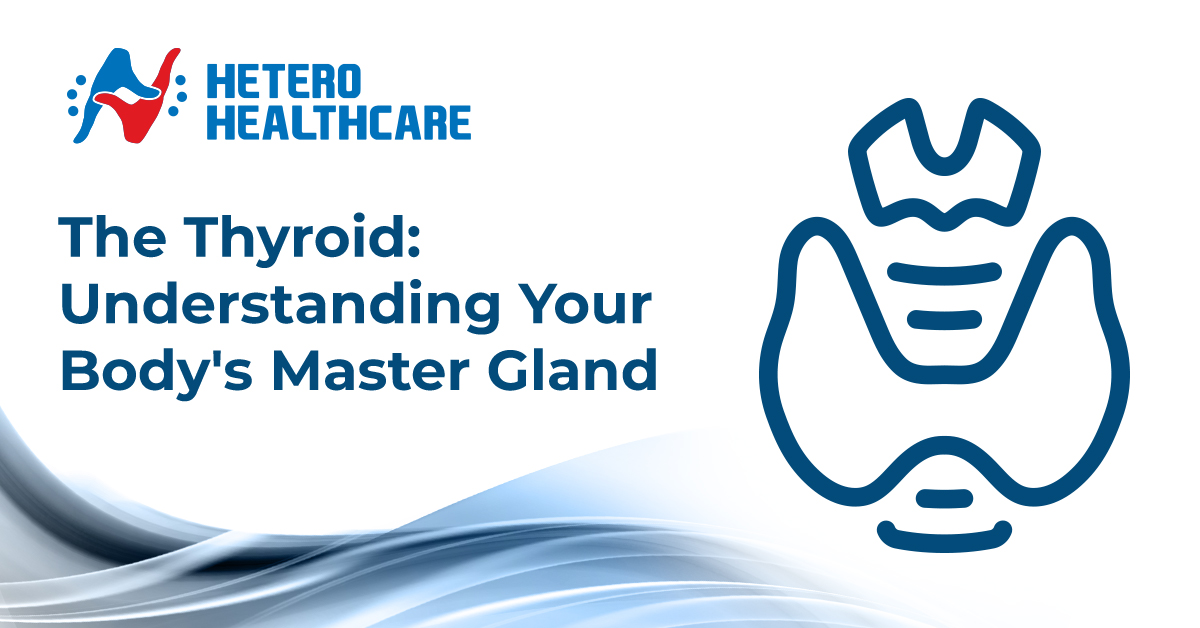
Hetero Healthcare27 May 2024
The Thyroid: Understanding Your Body's Master Gland
The thyroid gland, a small butterfly-shaped gland located at the base of your neck, plays a critical role in regulating your metabolism.
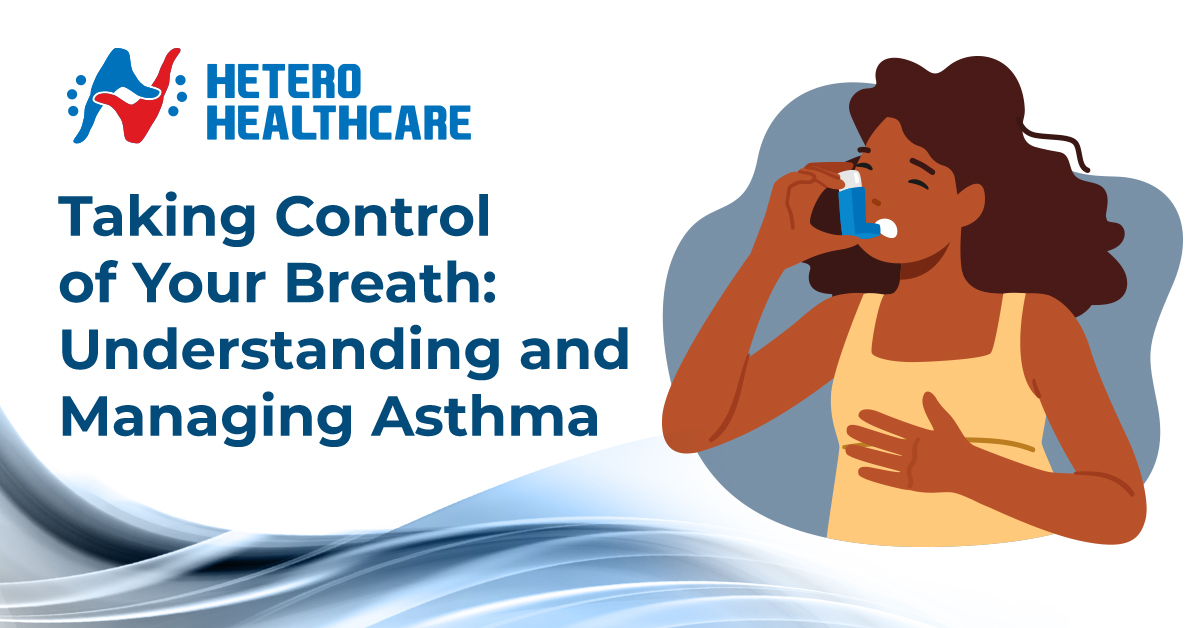
Hetero Healthcare25 May 2024
Taking Control of Your Breath: Understanding and Managing Asthma
Asthma can feel like a constant battle for air, leaving you breathless and wheezing. But with knowledge and the right approach, you can take control of your asthma and live a full, active life.
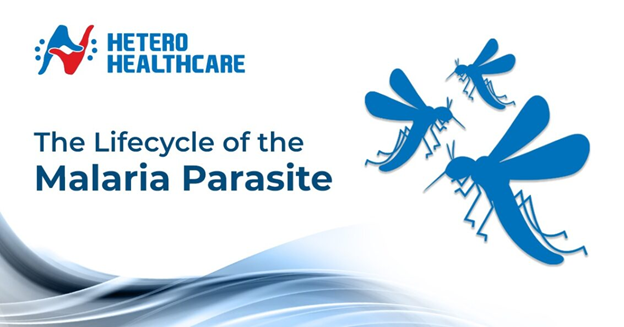
Hetero Healthcare30 Apr 2024
A Comprehensive Guide to Malaria
Malaria, a mosquito-borne infectious disease, continues to pose a significant threat to global health. At Hetero Healthcare, we are committed to raising awareness about this preventable illness and empowering individuals with knowledge to protect themselves. This comprehensive blog delves into the causes, symptoms, and effective prevention strategies for malaria.
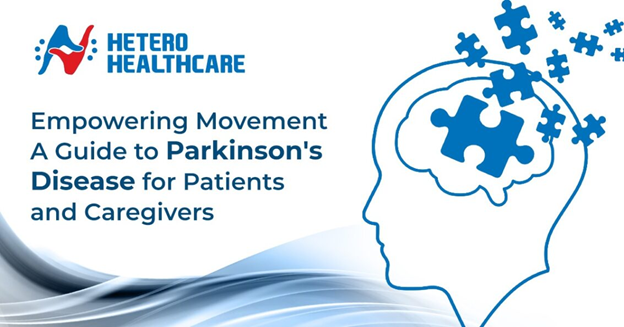
Hetero Healthcare30 Apr 2024
A Guide to Parkinsons Disease for Patients and Caregivers
At Hetero Healthcare, we understand the profound impact Parkinson's disease (PD) can have on individuals and their loved ones.